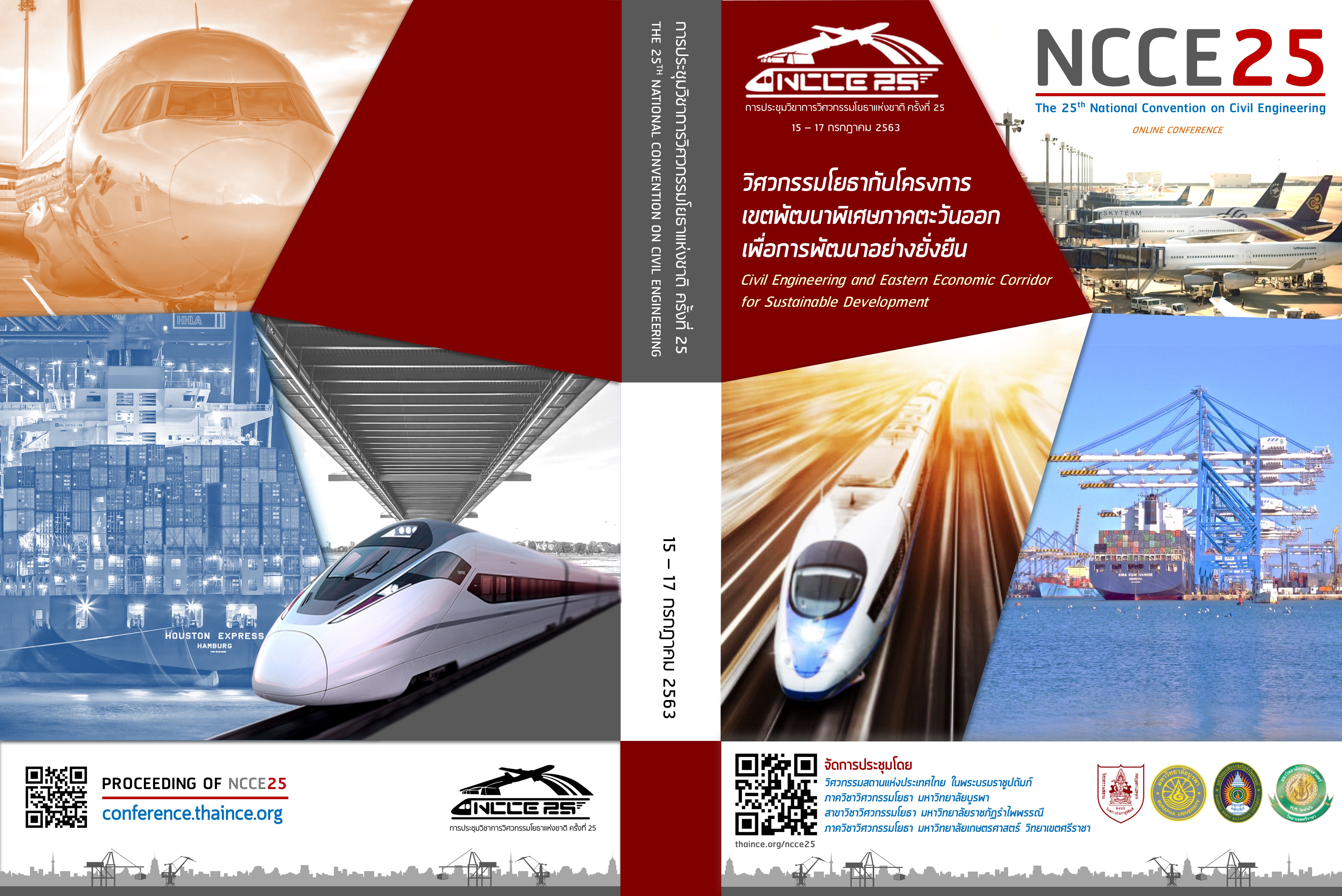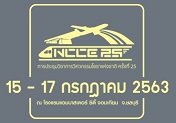Preference on Shared Mobility of Students in University Campus A Case Study of Chulalongkorn University
Keywords:
Shared mobility, Mobility on campus, Willingness to pay, Chulalongkorn UniversityAbstract
Chulalongkorn University (CU) is the first Thai national university, where the campus is located in the central business district area (CBD) of Bangkok. CU provides a free shuttle bus service (CU Pop bus) which provides circulation within campus and connects to other public transport stations nearby. However, presently the bus service is popular and becomes crowded due to limited capacity. CU also provides innovative shared mobility services, namely shared small vehicle (Ha:mo) and for-hired shared tricycle (Muvmi), and shared bicycle (CU Bike), to enhance travel options and to provide more comfort, access, and increased capacity. This study aimed to investigate preference of the students on shared mobility services in the campus and to analyze the demand of the shared mobility in relation to service price. The data came from 370 samples from questionnaire survey. The data were then analyzed by descriptive analyses and multiple linear regression. The results show that the most popular modes in the campus are CU Pop bus. The analyses on service satisfaction show the factors that students are satisfied with the current services. Notable factors of shared mobility services are cost and waiting time (Ha:mo and Muvmi). Multiple linear regression demand models for Ha:mo and Muvmi uncover that the total amount of usage is dependent on whether the students are current users and have driving license (Ha:mo), gender (Muvmi), and satisfaction on travel time. Reduction in cost or service fee can also attract students to more usage of these shared mobility services.
Downloads
References
[2] S.-I. I. Su, J.-y. F. Ke, and L. Cui, "Assessing the Innovation Competence of a Third-Party Logistics Service Provider: A Survey Approach," Journal of Management Policy & Practice, vol. 15, no. 4, 2014.
[3] I. V. McLoughlin et al., "Campus mobility for the future: the electric bicycle," Journal of Transportation Technologies, vol. 2, no. 01, p. 1, 2012.
[4] M. Avital, M. Andersson, J. Nickerson, A. Sundararajan, M. Van Alstyne, and D. Verhoeven, "The collaborative economy: a disruptive innovation or much ado about nothing?," in Proceedings of the 35th International Conference on Information Systems; ICIS 2014, 2014: Association for Information Systems. AIS Electronic Library (AISeL), pp. 1-7.
[5] A. Felländer, C. Ingram, and R. Teigland, "Sharing economy," in Embracing Change with Caution. Näringspolitiskt Forum Rapport, 2015, no. 11.
[6] A. Sundararajan, "From Zipcar to the sharing economy," Harvard business review, vol. 1, 2013.
[7] J. Miller and J. P. How, "Predictive positioning and quality of service ridesharing for campus mobility on demand systems," in 2017 IEEE International Conference on Robotics and Automation (ICRA), 2017: IEEE, pp. 1402-1408.
[8] N. Fellows and D. Pitfield, "An economic and operational evaluation of urban car-sharing," Transportation Research Part D: Transport and Environment, vol. 5, no. 1, pp. 1-10, 2000.
[9] Z. Li, Y. Hong, and Z. Zhang, "Do ride-sharing services affect traffic congestion? An empirical study of uber entry," SSRN Electronic Journal, no. 2002, pp. 1-29, 2016.
[10] B. Cohen and P. Muñoz, "Sharing cities and sustainable consumption and production: towards an integrated framework," Journal of cleaner production, vol. 134, pp. 87-97, 2016.
[11] J. Miles, "Tolerance and variance inflation factor," Wiley StatsRef: Statistics Reference Online, 2014.
Downloads
Published
How to Cite
Issue
Section
License
บทความทั้งหมดที่ได้รับการคัดเลือกให้นำเสนอผลงานในการประชุมวิชาการวิศวกรรมโยธาแห่งชาติ ครั้งที่ 25 นี้ เป็นลิขสิทธิ์ของ วิศวกรรมสถานแห่งประเทศไทย ในพระบรมราชูปถัมภ์



